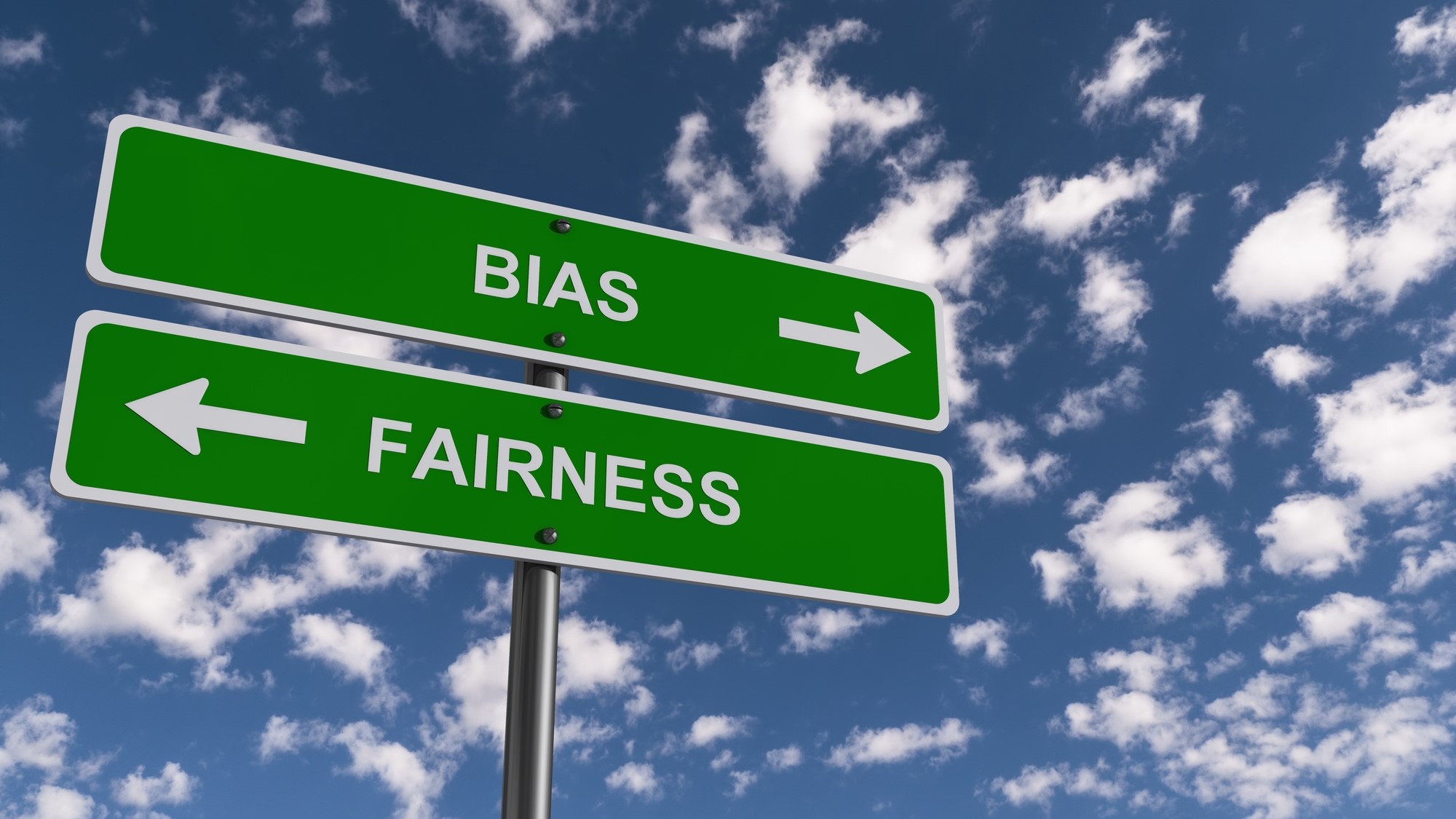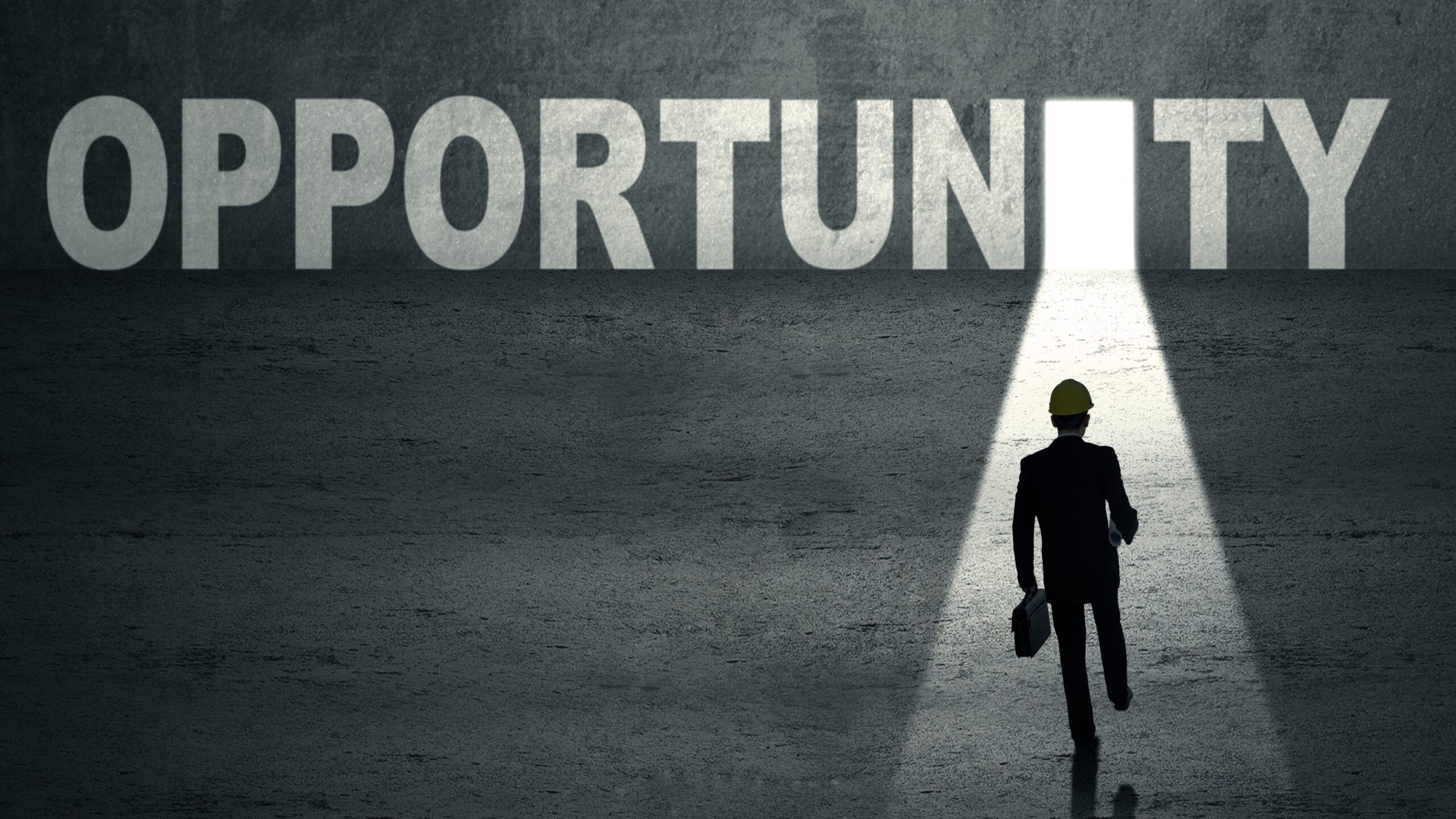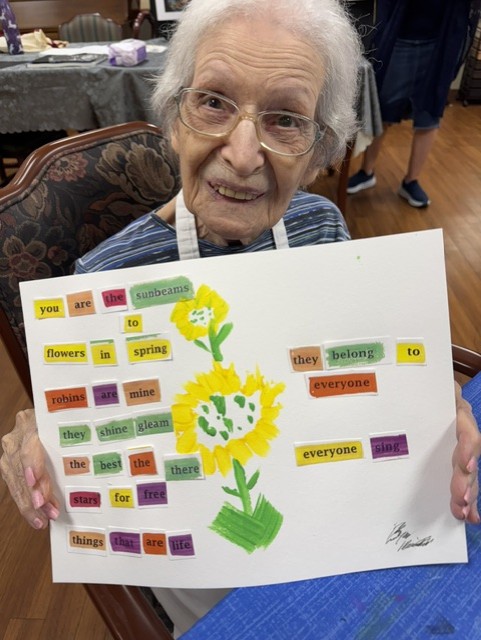What is fair? What do we really mean when we say (usually with our hands clenched and our faces grimacing), “It’s Not Fair!”
The good folks at Merriam-Webster define fair as “marked by impartiality and honesty: free from self-interest, prejudice, or favoritism”. They also list as synonyms, equitable, impartial, objective, unbiased, indifferent, and evenhanded.
Free from self-interest” or favoritism. Mmm. I like to think I am a fair person but rarely am I free from self-interest. When I am being truly honest, in any group I tend to have favorite people with their chosen ideas and their preferred outlooks on life—optimism will always win over pessimism and tolerant will always be my preferred state-of-being over judgmental (except of course when I am the one being–as a young friend says–“judgy”.)
Is Life Fair?
Is life fair? I don’t think so. For life to be fair, I believe all people would need to be fair and free from self-interest and bias. I don’t know about you but that doesn’t describe the world as I have experienced it. People cut in line, people hire the candidate they like best even if they are not the best qualified, and all too often people make judgements about others based on little information.
One of the things in life I find so perplexing is a case of that last example. I can’t understand why people care so very much and make horrendous judgments based on who that person loves and what they may do in the privacy of their own bedroom. I don’t see where there is self-interest. Thus, why do people care?
That caring leads to discrimination, isolation, and the destruction of familial relationships. As an ally to the LGBTQ+ community, I see the wounds and harm this causes in the lives of those who are often times just trying to be good and kind people.
I believe God must be saddened and disappointed when any one is forced into the closet of invisibility, forced to hide the complete person they were created to be…hiding their authentic self from their families, their friends, and their faith communities. We were made to be in community, with the divine, with one another, and with all of creation. We were made to love, not as an idea or intention, but as an action that offers our true self to others.
What I’ve Learned from the LGBTQ+ Community
In the UCC we believe God is Still Speaking. God is speaking today through the voices that have been silenced and ignored for so long, the voices of those who have found the courage to live and love out of the closet despite the threat of violence and the oppression of hate and fear. With all my heart, I thank God for the Queer community’s audacity to say NO…No to living a closeted life, No to remaining in isolation, and No to being less than who God created you to be. I have learned much from you…what it means to be authentic, what it means to create new definitions of family, and what it means to live genuinely despite what others might think.
I know what some of you may be thinking. “But Kim, the Bible says…” I know how little the Bible says about homosexuality, especially as we know it today. And I also know how much the Bible says about God’s love for those on the margins, especially in the Sermon on the Mount. As one author wrote, it “is utterly amazing that Jesus would declare kingdom blessings over those who have so little and seem so unimportant.” Another writer said, the “Beatitudes do not glorify situations of suffering but announce reversal of fortunes for the oppressed.” In God’s community, the fortunes of those who are oppressed (such as the Queer community) will be transformed.
What’s Most Important?
But for that to take place means that people and society need to be transformed from those who seek to oppress—to put others down–to those who seek to be follow Jesus’ words when he was asked about the greatest commandment in the Law. In Matthew 22: 37-39, Jesus replied: “‘Love the Lord your God with all your heart and with all your soul and with all your mind.’ This is the first and greatest commandment. And the second is like it: ‘Love your neighbor as yourself.’
It certainly is never fair when people are discounted and judged based on one trait alone. Whether it be who they love, the color of their skin, how they talk, or where they were born, we are not loving our neighbors when any one of those things is the basis for our assessment of that person’s worth or value. Remember, those who we might judge to have less value, may be exactly the people for whom Jesus said are Blessed.
Judgement always involves comparison which almost always includes bias and almost never includes equity. And Jesus’ call to “love our neighbor” is also not fair nor equitable. We are called to love everyone, not just a chosen few; especially not if we focus on only those who we believe to be God’s favorites. Judgement is never fair. Loving our neighbor is never fair. Life is not fair.
But I am optimistic. I am proud to be an ally, a person called by God to speak out in love until we live in a world where sexual and gender diversity are affirmed as a God-given and God-blessed part of life; when everyone loves in the confidence that they ARE created in the image of the Divine.
For Reflection (either individually or with a group)
Read the blog. Read it a second time, maybe reading it aloud or asking someone else to read it aloud so you can hear it with different intonation and emphases. Invite the questions to join you for tea or coffee.
- What do you think about the definition of fair? Agree or disagree?
- Do you think God is fair? Why or why not?
- Some argue God’s fairness treats everyone not equally but based on their needs. See the parable of the vineyard workers (Matthew 20: 1–16). Agree or disagree?
Download a pdf including the Reflection Questions to share and discuss with friends, family, or members of your faith community small group.
View all articles by:






















